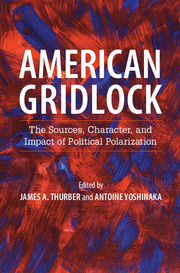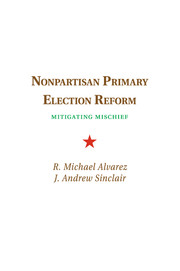
Ideology can be defined as a system of beliefs and ideals; your own personal beliefs about the way things should be.Two main ideologies in the U.S. today are:
Modern liberals are primarily associated with the Democratic party and embody "social justice, a demand for social reforms, and belief that human beings have a right to basic human dignity". The role of government has been expanded to ensure a basic standard of living for all Americans. "The Democratic party endorses such liberal issues as civil rights, affirmative action, women's rights, minimum wage, environmental protection, gun control, religious tolerance, healthcare reform, and expanded educational opportunities."
Source:

Source: Crawford, Jarrett, PhD. "The InMind Blog."
In this blog post, social psychologist Dr. Jarrett Crawford "describe[s] new evidence that thinking about political ideology on a single liberal/left to conservative/right spectrum masks important nuances in the origins of political ideologies and in the way that people apply those ideologies to important judgments, including those of other people (i.e., prejudice)."
 American Gridlock: The Sources, Character, and Impact of Political Polarization
by
American Gridlock: The Sources, Character, and Impact of Political Polarization
by
 Nonpartisan Primary Election Reform: Mitigating Mischief
by
Nonpartisan Primary Election Reform: Mitigating Mischief
by
Modern conservatives favor historical continuity and the establishment and defense of the status quo against major changes in the political, economic, or social institutions of a society. They are primarily associated with the Republican party, and are "fairly consistently opposed to government regulation of the economy, heavy government spending, and civil rights legislation. Conservatives tend to favor state over federal action, fiscal responsibility, decreased government spending, the outlawing of abortion, lower taxes, and increased crime control."
Source:
The Political Science Research Guide will help you find more information about politics.
The Research Process Guide provides a step-by-step process for exploring your topic.